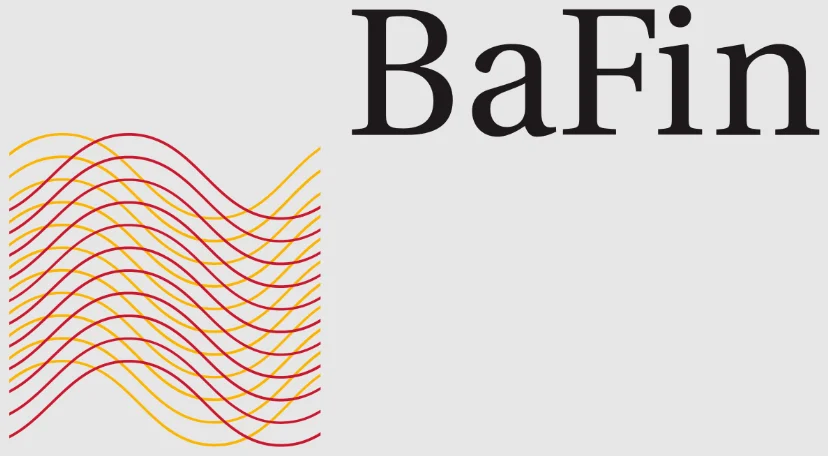BaFin, the German Federal Financial Supervisory Authority, has not yet deemed nonfungible tokens (NFTs) securities. given the difficulties with classification, the Agency advises classifying the NFTs case-by-case.

NFTs and their legal classification were discussed in an explanation note published in the BaFin journal on March 8. Regulators do not now perceive how NFTs fit the tradeability and standardization requirements that characterize securities. BaFin may eventually view NFTs as securities, though. For instance, if 1,000 NFTs include the same claims for repayment and interest.
Another proviso states that an NFT may be regarded as an investment if it includes proof of ownership or exploitation rights, such as a distribution guarantee.
Concerning the designation of NFTs as “crypto assets,” the agency advises using a case-by-case approach. However given the lack of instant exchangeability, BaFin claims that the likelihood that NFT will serve as a “crypto asset” is much slimmer than with the investment classification. Moreover, the absence of standardization shields NFTs from the “e-money” label.
BaFin does not anticipate that the NFTs will adhere to the Payment Services Supervision Act’s license requirements due to the challenges with classification.
Moreover, NFTs are currently exempt from BaFin’s Anti-Money Laundering (AML) oversight, with the exception of non-fungibles, which would be classified as financial instruments. With the exception of some NFTs, which may still be regarded as “crypto assets” at a later time.
About three out of four NFT collectors on the metaverse site Metajuice claim to buy NFTs for their status, distinctiveness, and aesthetics. Only 13% of those who responded to the study claimed they were purchasing NFTs with the intention of reselling them in the future.
